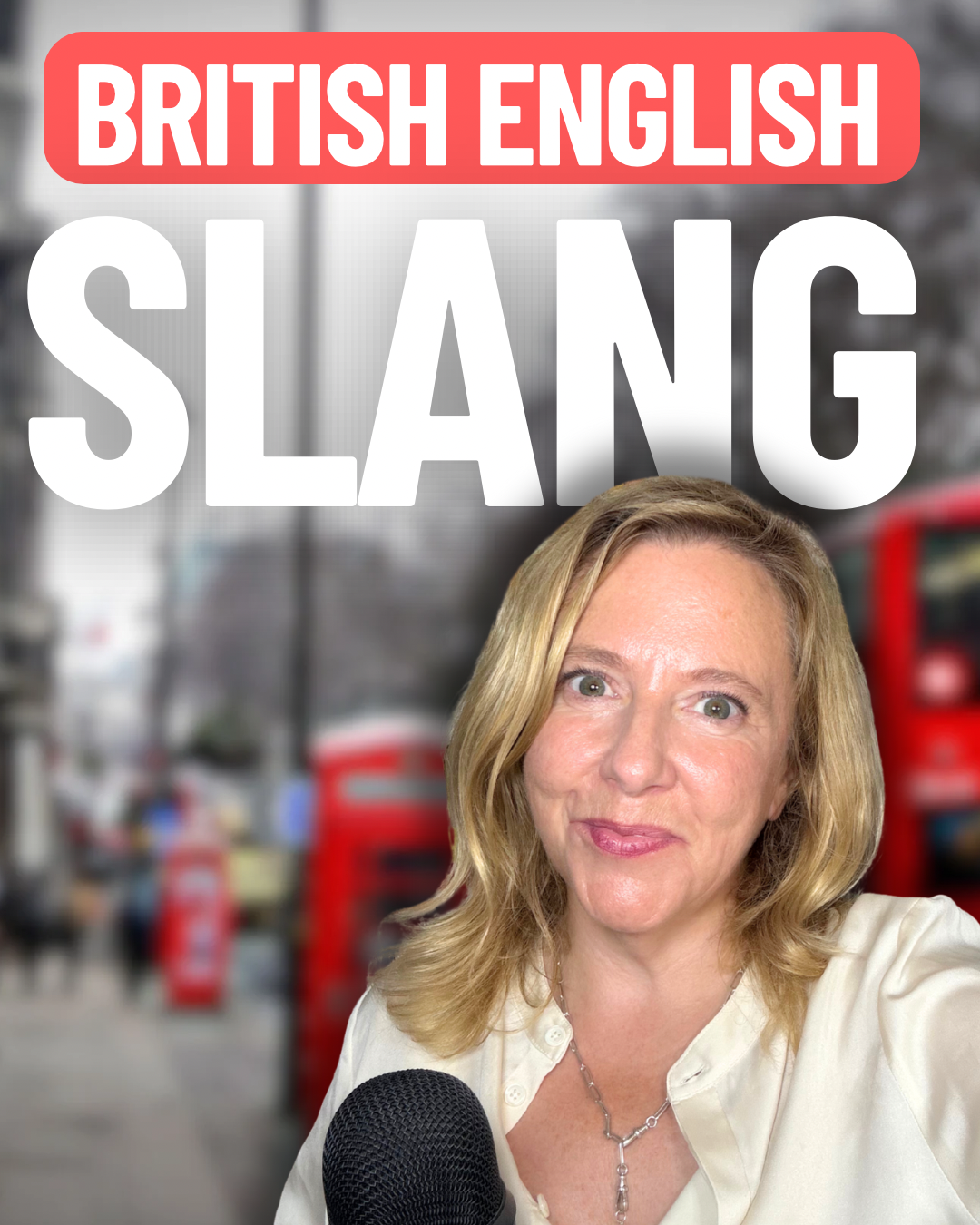Recent Posts

28 Everyday British English Slang Expressions
British people love slang. We use it constantly; in conversations with friends, at work, online, and even with complete strangers. The tricky thing is, a lot of it isn’t taught in English classes or textbooks. That’s why many learners feel confused when they hear phrases like “I had a wobble” or “That meeting did my head in.”
In this post, I’ve collected 28 slang expressions you’ll hear all the time in 2025.

British English Insults (That Aren’t Really Rude)
If you’ve spent any time in the UK, you’ll know we have a talent for coming up with creative ways to insult people, without actually being mean. It’s one of the quirks of British humour: we can call someone a fool and still sound like we’re being affectionate.
Today I’m sharing a few of my favourite British English insults. They’re all safe to use if you get the tone right. Think smiling eyes, light voice, and a sense of fun.

Modern English Phrases: What Does 'Show Me the Receipts' Mean?
‘Show me the receipts’ is one of those brilliant modern phrases that English learners often hear online or in conversation, but don’t find in textbooks. It’s playful, a little cheeky, and very current. And no, it has nothing to do with shopping.
So what does it actually mean?

English slang for talking about how you feel.
Today I'm going to share some slang with you that will help you to express your feelings in an informal, relatable way. Watch the video below for the full lesson and scroll down for a useful free PDF download.

Learn English slang - late to the party.
Are you feeling like you're ‘late to the party’ when it comes to understanding English slang? Don't worry; you're not alone! Slang terms often pop up in conversations, movies, and social media, leaving many English learners feeling a bit lost. But fear not! Today, we're going to shed some light on one such phrase: ‘late to the party.’

Learn English slang- double whammy
A ‘double whammy’ is an informal English idiomatic expression used to describe a situation where two negative things happen at the same time or in quick succession, compounding their effects. Essentially, it signifies a double dose of trouble or a particularly challenging circumstance. Let’s look at how we can use it.

Best of British Slang - To go off on one.
"To go off on one" is an idiomatic phrase that means to suddenly become angry or agitated about something. This phrase is usually used in informal situations and when someone is loudly and strongly expressing their anger or frustration about something.
